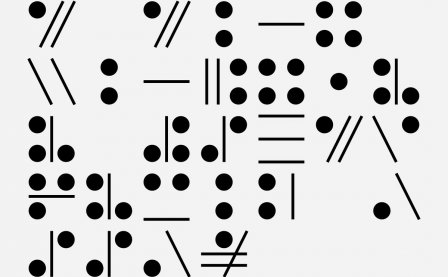Two poets, two definitions of ecstasy. For Anais Nïn, ecstasy was “the moment of exaltation from wholeness”; for Juan Ramón Jiménez, ecstasy was dynamic and progressive — transition being “a complete present which unites the past and the future in a momentary progressive eternity.” In both cases, unity is the precondition of ecstasy. Cameron Stallones, contra Jimenez, aims at such ecstatic unity through stasis: so crucial is repetition to these apparently inchoate rambling no-fi jams that they resemble nothing less than a shopworn systems music that aggregates hook upon hook in a noodlesprawl of freeform psych rock that channels John Berberian’s acid-fried psych ragas, The Heliocentric Worlds of Sun Ra, and, to an extent, the dubwise industrial beatscapes of Mick Harris’ Scorn project, only with champagne-squiffy effervescence in place of brow-furrowed weed psychosis. The end product is one of maximum investment for minimal release: pay attention as Stallones tries out noodle after noodle, shuffling, annexing, and discarding ideastems, arriving at a groove almost by a process of erosion. The redress is cerebral rather than somatic.
Drone achieved by other means, it’s no surprise to anyone who has read M. Hugh Steeply’s 2009 interview with Stallones (a self-proclaimed “searcher”; a sincere man in an ironic world) that these tonal frameworks for composition and improvisation have found a narrative hook in the atomist bacchanalia of Ancient Rome. “Lucretius” is a supine expanse of overloaded Farfisa whorl, glissandi weaving in and out of the red; “Lute and Lyre” and “Crete” are ecstatic processionals, New Orleans funeral dirges led by Spacemen 3, kindred genealogists of toporific swamp music. Both balance smudgewave strategies of piecemeal accumulation, chafing at weird-sigged rhythms cranked out of dime store percussion and hand-me-down drum machines, with a sozzled tendency toward overelaboration that buckles decoration into distortion.
Less H-pop, more hysteresive hypnagogia, Ancient Romans maps a circuit whereby the scavenger tendencies of bored and restless OECD youth, submerged in a surfeit of post-scarcity pop-cultural data, connect to the Epicurean prioritization of private over public virtue. On its own, this opening gesture figures the crucial shift in register that marks the emergence of H-pop: while noise, at its least nuanced, aims at mental overload by playing with eviscerating blasts of often-physical force, Stallones overwhelms the senses with an often-sickly glut of magpied details.
Despite these compelling, fidgety positives, those who bugged out to last year’s On Patrol (i.e., everyone) will be forgiven for experiencing a sense of deja entendu. In this context, album closer “Impluvium” seems like an intriguing step sideways: a 15-minute mudbath of overdriven slomo disco squelch; like Hype Williams’ One Nation, it negotiates an ecstatic upheaval of 4/4 muso pretensions in a Balearic furor of opiate euphoria. One of the few moments when you’re not listening to On Patrol Volume 2, it trades on body music’s death wish — its flirtation with limit states, blank exhaustion, and brain damage — in order to sustain a continuum of elation. Just as On Patrol grew out of “All Night Long,” the last track on 2009’s Heavy Deeds, it’s tempting to imagine that “Impluvium” tracks the lineaments of a future blueprint.
More about: Sun Araw




